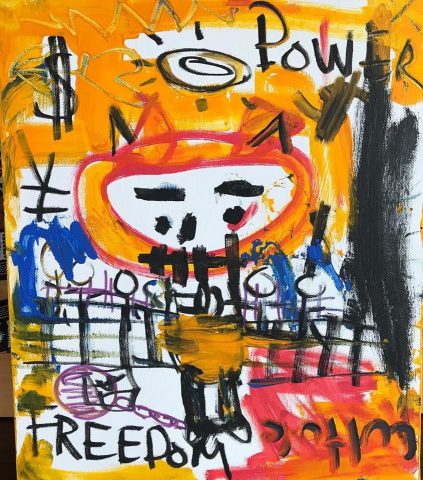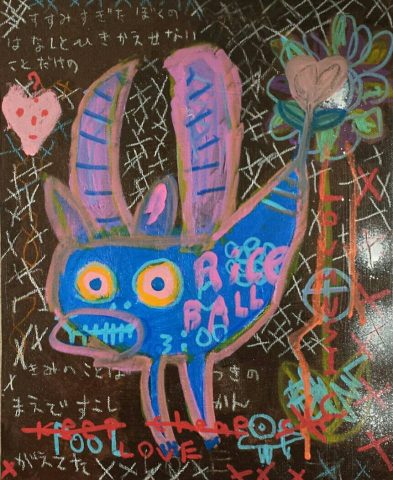
A review by Stephen Hong Sohn, Assistant Professor, English Department, Stanford University, in Asian American Literature Fans Sunday Mega Review Round-Up, Nov. 6, 2011.
Yuri Kageyama is a poet whose work I’ve long been wanting to read, especially since her chapbook “Peeling” has long been out of print. She’s been on the literary scene for a number of decades and her work is both direct and passionate.
In “The New and Selected Yuri,” we get a broad range of poetic works and short prose stories with topics ranging from racism, fetishism, abortion, activism, interracial desire, among other such issues. There’s a lengthier narrative track toward the end of the collection that comes off as playscript: a dialogue between a younger woman named Miu and someone named “Me,” perhaps the ghostly authorial double.
While earlier sections are obviously very pro-choice in terms of the topic of abortion, what’s really interesting in “The Story of Miu” is the question of reproduction and what it means for the ostensible mother.
At one point, “me” states: “I try to tell young women this every chance I get, but it’s the most important experience in life to have a child, Okay?” (108).
Later, when Miu goes through with an abortion, we see that these words of wisdom do not necessarily bear fruit in this specific story. It’s interesting to see Kageyama represent this particular reproductive politic in light of so many of the other poems and reveals a complicated and contoured approach to imagining so-called womanhood.
One of the most obvious things to note offhand about Yuri Kageyama’s writings is that they reveal the anger at the heart of the racialized minority’s experience.
Anger tends to be undertheorized as a complicated and nuanced affectual impulse within cultural studies. The literary critic Sue J. Kim is currently exploring this topic I believe and I am reminded of it when I read Kageyama’s work; she reminds us that there are so many things to be angry about, so many ways to express that anger, and so many ways that anger pushes one to actually go out and do something. Sometimes anger is seen to be an emotional impulse that cuts off, or at worst, is simply an uncalculated violence, but Kageyama pushes us to think of anger as a way to reconsider racialized and gendered subjectivities, the power dynamics that bind and constrain and that one must resist.
In this way, I like to think of Kageyama as a kind of throwback, really rooted in the women of color, post-Civil Rights activist poetics, moving strongly in line with others such as Janice Mirikitani, Nellie Wong, Kitty Tsui, and Merle Woo.
I found this work particularly refreshing in this regard and Kageyama is not necessarily always going for the most lyrically and aesthetically crafted line, but uses elements like anaphora and repetition to strike out at and bring in the audience.
Indeed, I can’t imagine some of these poems without an actual performance and it’s very clear that there is a spoken word dynamic that would lend increased heft to the collection.
The fact that the book was put out by the Ishmael Reed Publishing Group is obviously no accident. Ishmael Reed has long had a very strong engagement with Asian American literary circles, especially and most famously with the “Aiiieeeee!!!” editors way back in the day.
Thus, this book reminds me of the strong comparative minority engagements that we sometimes forget about as we work through our respective race and ethnic studies areas.
A powerful work, and I’m especially glad there is a way to access Kageyama’s writings in one collected source.


